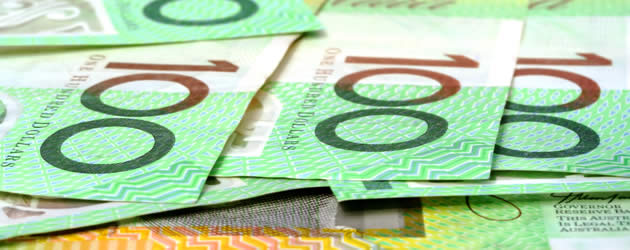The Pound Sterling to Australian Dollar (GBP/AUD) exchange rate hit a session high of 1.964 on Tuesday as it found support from positive UK data and as falling oil prices and concerns over the Greek crisis dented sentiment towards commodity and emerging market based assets.
Retail Sales Growth Accelerates & GDP Set to Rise
A report released early in the morning by the British Retail Consortium showed that retail spending in the UK increased in January as consumers took advantage of sales and cheaper oil prices.
According to the report, retail spending was 1.6% higher in the first month of the year compared to the same time last year. The rise adds to December’s year on year rise of 1%.
The report suggests that the UK’s consumers are more willing to spend their cash; following years of falling incomes. Economists expect that they will be the major force behind the UK’s economic growth in the run-up to the general election in May.
According to the National Institute of Economic and Social Research (NIESR) the UK, economy is set to experience its strongest growth rate in nearly a decade in 2015 as the plunge in global oil prices supports consumers. The institute expects growth to rise to 2.9% (the best pace since 2006) over the course of the year.
NIESR also expects unemployment to fall to 5.2% by the end of the year and the Bank of England to start raising interest rates in February 2016.
The Pound was also supported by data showing that manufacturing production in the UK rose by 0.1% in December, beating forecasts for a fall of -0.1%. Industrial production fell by 0.2%, more than the 0.1% expected by economists.
Oil Price Drop Weighs on Australian Dollar
The Australian Dollar gave up earlier gains against the Pound following the release of the UK data and as the International Energy Agency said that oil prices will likely come under more downward pressure over the course of the year. The report sent oil lower, which in turn weighed upon commodity-based assets.
The ‘Aussie’ had found support earlier in the session as the Australian Bureau of Statistics said the house price index rose by 1.9% in the fourth quarter of 2014, exceeding expectations for a 1.8% gain.
The third quarter’s figure was revised to a 1.4% rise from a previously estimated 1.5% increase. Another report released by National Australia Bank showed that business confidence remains weak in the Oceanic nation.

